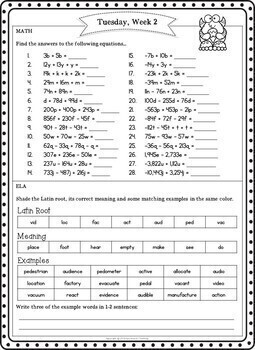
And the diffuse mode, it turns out, is what you often need to be able to solve a very difficult, new problem.” 3. “When you’re focusing, you’re actually blocking your access to the diffuse mode. That’s because the relaxation associated with daydream mode “can allow the brain to hook up and return valuable insights,” engineering professor Barbara Oakley explained to Mother Jones. Breakthroughs that seem to come out of nowhere are often the product of diffuse mode thinking. Some studies have shown that the mind solves its stickiest problems while daydreaming-something you may have experienced while driving or taking a shower. In fact, although our brains were once thought to go dormant when we daydreamed, studies have shown that activity in many brain regions increases when our minds wander. Here’s a look at the brain scan of one daydreamer: You might think that the focused mode is the one to optimize for more productivity, but diffuse mode plays a big role, too. Our brains have two modes: the “focused mode,” which we use when we’re doing things like learning something new, writing or working) and “diffuse mode,” which is our more relaxed, daydreamy mode when we’re not thinking so hard.


Breaks help us retain information and make connections Brief mental breaks will actually help you stay focused on your task!” 2. “From a practical standpoint, our research suggests that, when faced with long tasks (such as studying before a final exam or doing your taxes), it is best to impose brief breaks on yourself. “…Deactivating and reactivating your goals allows you to stay focused,” he said. University of Illinois psychology professor Alejandro Lleras explains: The good news is that the fix for this unfocused condition is simple-all we need is a brief interruption (aka a break) to get back on track. So focusing so hard on one thing for a long time isn’t something we’re ever going to be great at (at least for a few centuries).

What changes?īasically, the human brain just wasn’t built for the extended focus we ask of it these days. Our brains are vigilant all the time because they evolved to detect tons of different changes to ensure our very survival. But it doesn’t last forever-stretch yourself just a bit beyond that productivity zone and you might feel unfocused, zoned out or even irritable. When you’re really in the groove of a task or project, the ideas are flowing and you feel great. Breaks keep us from getting bored (and thus, unfocused) 3 scientific reasons to prioritize breaks at work 1.
Break time at work clock how to#
They made me happier, more focused and more productive-and I bet they can do the same for you, whether you’re in the corner office or a cubicle.Ĭome along and discover the science of why we need breaks at work, how to create your own master schedule and what to do on your hard-earned break. And then I discovered the power of taking breaks at work. Sometimes we know there’s a better way to do things, but we’re just so busy we don’t even think we have the time to find it-so we keep going like we always have.

Your to-do list is likely close by and packed with tasks. This post is probably one of more than a few tabs you have open on your browser or phone. I know you don’t want to take a break right now.


 0 kommentar(er)
0 kommentar(er)
